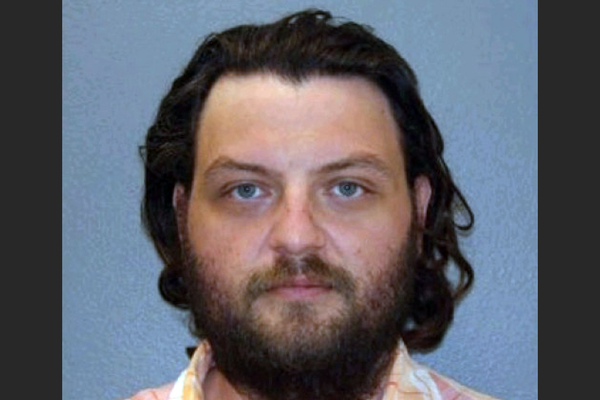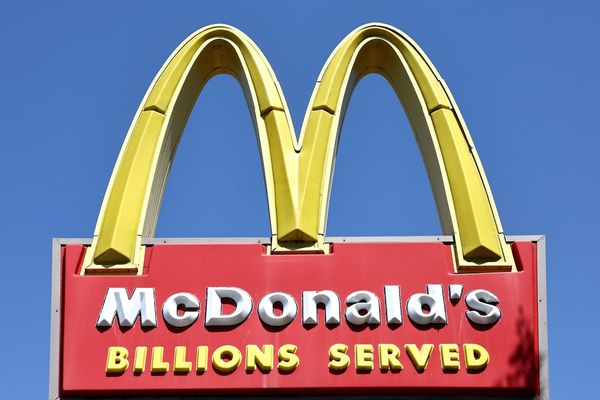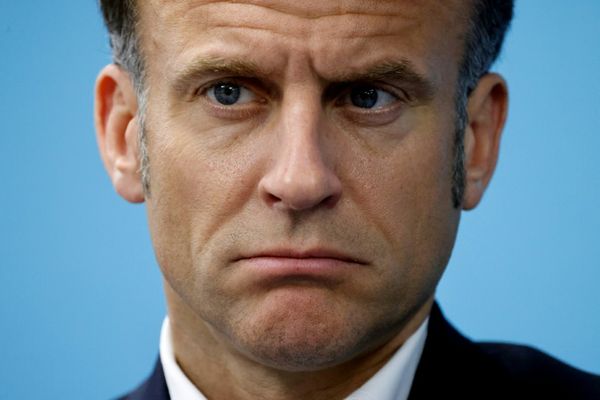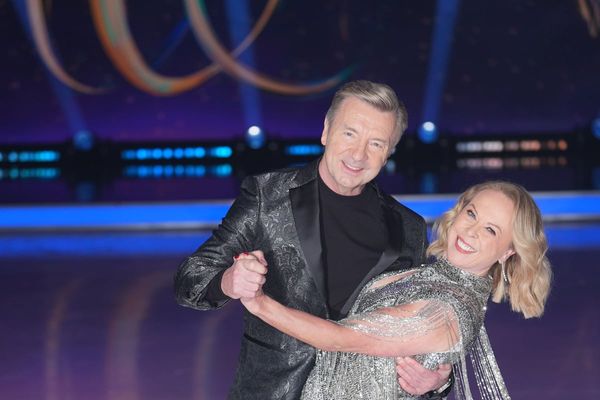When Helen Worth joined the cast of Coronation Street in 1974, the ITV soap opera was reaching up to 8 million British households per night. As her character, the redoubtable Gail Chadwick (who, in true soap fashion, was also known at various points in time as Gail Potter, Tilsley, Platt, Hillman, McIntyre and Rodwell) evolved, so the programme’s viewing figures grew. By the 1980s, Gail and co were regularly finding 20 million viewers entranced by the drama on the cobbles. Soap operas ruled the airwaves.
That was the first of Worth’s five decades on the show, which came to an end last month as the well-coiffed doyenne of Weatherfield bid a final farewell on Christmas Day. It feels like the end of an era. Worth is but the highest-profile exit in a raft of recent departures – from Colson Smith’s Craig Tinker to Charlotte Jordan’s Daisy Midgeley – that have sparked rumours of a show in crisis, as dwindling enthusiasm has been coupled with industrial turmoil and budget cuts.
Doom-laden predictions that the age of soaps is nearing its end will have been bolstered by the poor festive viewing figures. A mere 2.47 million viewers tuned in to Gail’s adieu, which lost the overnight ratings battle to EastEnders. Walford’s Yuletide extravaganza – a storyline about Cindy Beale’s affair with her stepson – scored a meagre audience of 3.98 million and barely scraped into the Top 10 most watched shows on Christmas Day. Corrie, meanwhile, was comfortably beaten by the 3 million Brits who tuned into The Weakest Link. This has prompted a new round of soul-searching, alongside fresh predictions that soaps will soon be squeezed from the schedule. But the soap opera is a British institution and, having suffered the turbulent fortunes of the past decades, is not likely to be so easily vanquished.
Viewing figures for soap operas have been in freefall for decades. The 1980s marked not only a point of total small-screen saturation, but a moment when soaps were setting the cultural agenda. Newspapers led on storylines, actors (Suranne Jones, Sarah Lancashire, Ross Kemp and others) were able to graduate to meatier roles and bigger paycheques, and the critical establishment took the shows seriously. In 1988, Jean Alexander, who played the inimitable Hilda Ogden for 23 years on Coronation Street, was nominated for the Bafta for Best Actress, only losing out to a young Emma Thompson. In 1997, EastEnders beat out BallyKissAngel, Hamish Macbeth and This Life to win the Bafta for Best Drama Series.
But by the end of the millennium, viewing figures were beginning to decline. In 1999, Bafta shunted soaps into a special Best Soap Opera category, while ITV launched the British Soap Awards as a celebration of an increasingly overlooked genre. And for decades, the serial persevered, largely as a power struggle between the Beeb’s cockneys and ITV’s Mancunians, with occasional intrusions by the cast of Hollyoaks, Emmerdale, and the vocational soaps: The Bill, Holby City and Casualty, the latter of which has scooped the last two Baftas in the genre. But the viewing figures have been decimated (quite literally: last year’s Corrie Christmas audience stood at less than 10 per cent of its 1987 peak), and every televisual trend seems to spell doom for the format.
First among these is the rise and rise of reality TV. Right now, British households are gripped by the drama unfolding, three nights a week, on The Traitors. Over 5 million people tuned in live for the return of the Claudia Winkleman-fronted game show on New Year’s Day, and the figures have held steady so far, as the story of treachery (ripped straight from the Deirdre Barlow playbook) has unfurled. Reality TV has proven a cheap and effective way of guaranteeing audiences, often from the same demographics and in the same time slots as the soap operas covet.
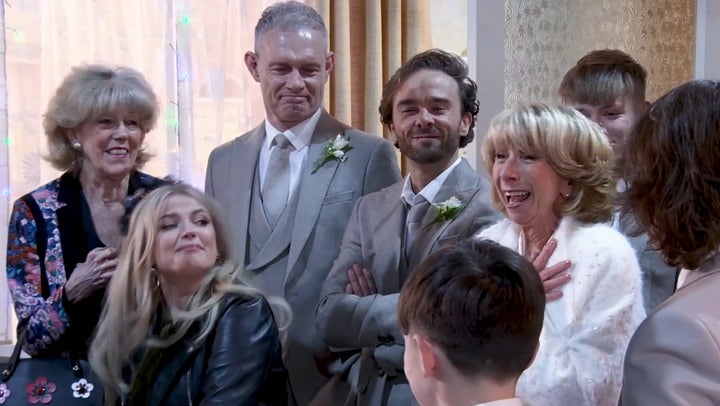
But perhaps an even more visible aggressor to the soaps’ hegemony has been the development of streaming and on-demand viewing. Not only has this opened a panoply of alternatives – a world in which your nan can become unnervingly obsessed with Netflix’s “hot rabbi”, or the entire back catalogue of Mad Men, at the click of a button – but it has eroded the primacy of so-called “linear” TV. This was the foundational idea in television: families, around the country, crowded around the TV set at the same time. The biggest soap-operatic gut punches – the Emmerdale plane crash, the murder of Trevor Jordache, the return of Dirty Den – were experienced by millions of Britons simultaneously. It was a form of cultural communion.
That has been eaten away at by the advent of iPlayer and ITVX. Gail Chadwick’s departure from Corrie was broadcast live at 7pm on Christmas Day, but it had already been available, on demand, since 6am. It demonstrates a lack of confidence, by ITV executives, in the power of a soap opera to halt traffic on a national holiday. Granny and Grandad might want to wave Helen Worth goodbye, but will their son, who has been bingeing Black Doves, or granddaughter, who is on her thousandth TikTok of the day, join them?
And yet, despite everything stacked against them, soaps trundle onwards. They are still a relatively inexpensive content factory, and an important incubator for talent. Not just for actors, but for writers, directors and the broader crew whose work underpins the whole industry. This is a period of undoubted churn: what was once the centrepiece of the TV schedule is now a marginal pursuit. But the odds are not entirely stacked against soaps. Linear television – whether it’s The Traitors or Gavin & Stacey’s triumphant finale – continues to reassert itself. Reality TV is engaged in a delicate symbiosis with soaps, as talent, from Alan Halsall on I’m a Celeb to Jamie Borthwick on Strictly, continues to cross-pollinate. And streaming offers the very real opportunity to reach audiences beyond those glued to the gogglebox every night at 7pm.
The question, then, is not whether soap operas are a dying breed, but whether they can adapt to survive. In half a century on Corrie, Worth saw the rise and fall of a TV empire, and while the barbarians may be at the gates, we are not quite yet walking in the ruins.


